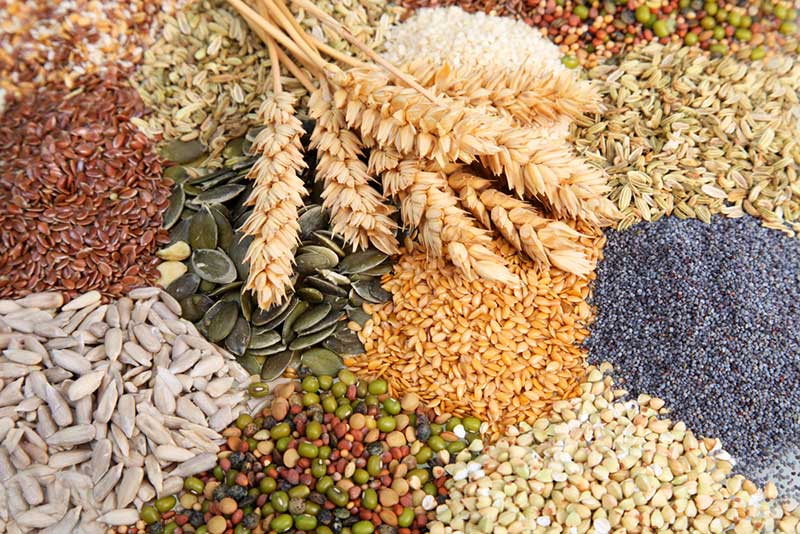
Grains and Gluten – How is Your Gut?
Gluten-Free Eating is Hugely Popular
 Everywhere you look, be it on social media or in celebrity news, there is always someone converting to a gluten-free diet. With that, there is a growing concern about the dangers of eating grain and the risks that have been associated with it. Reading through these interviews, claims, and posts, it seems like going gluten-free is the best way to prevent disease and to lose weight. After all, these testimonies seem to constantly link grain consumption to different illnesses including joint aches, obesity, diabetes and the dreaded grain brain. But what exactly is gluten and should it be something that should be avoided?
Everywhere you look, be it on social media or in celebrity news, there is always someone converting to a gluten-free diet. With that, there is a growing concern about the dangers of eating grain and the risks that have been associated with it. Reading through these interviews, claims, and posts, it seems like going gluten-free is the best way to prevent disease and to lose weight. After all, these testimonies seem to constantly link grain consumption to different illnesses including joint aches, obesity, diabetes and the dreaded grain brain. But what exactly is gluten and should it be something that should be avoided?
Gluten is a type of protein that exists in grains including wheat, barley, and rye. It is comprised of two smaller proteins, gliadin, and glutenin, which lends elasticity to the food. People with coeliac disease have an autoimmune response to gluten wherein the immune system destroys a part of their small intestines when they digest gluten. This causes malabsorption which leads to the development of serious illnesses. It should be noted that less than one percent of Americans have this condition, some of which have not been adequately diagnosed.
 In recent years, many books on the evils of grains have made the Best Seller Lists. Indeed many people may benefit for eschewing grains but it may not be due to gluten. Particularly in North America, wheat and many crops are now genetically engineered and contain glyphosate. Some researches postulate that this is the real reason that wheat is “toxic” to many people (and it is not due to the gluten).
In recent years, many books on the evils of grains have made the Best Seller Lists. Indeed many people may benefit for eschewing grains but it may not be due to gluten. Particularly in North America, wheat and many crops are now genetically engineered and contain glyphosate. Some researches postulate that this is the real reason that wheat is “toxic” to many people (and it is not due to the gluten).
Gluten Intolerance May Be Helpful for Some But Not All
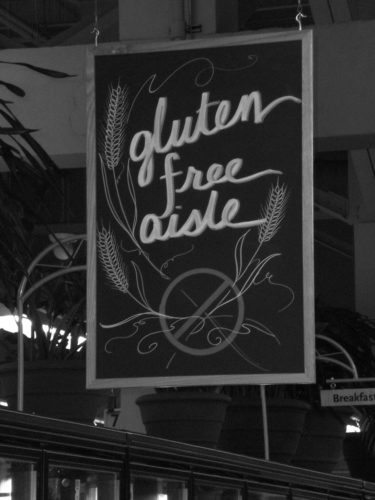 The industry of gluten-free foods has grown significantly larger and is in fact estimated to reach $15 billion by this year. For one-third of Americans, considering a gluten-free diet might just be the answer to their health complications. But unless you have celiac disease or are allergic to wheat, there really is no evidence as to why you should go gluten free. If you look at it, a lot of those who are into gluten-free diets do not have autoimmune diseases nor are they allergic to gluten. They are just more concerned that their body is intolerant of it and believe that gluten is the factor that makes them feel bad.
The industry of gluten-free foods has grown significantly larger and is in fact estimated to reach $15 billion by this year. For one-third of Americans, considering a gluten-free diet might just be the answer to their health complications. But unless you have celiac disease or are allergic to wheat, there really is no evidence as to why you should go gluten free. If you look at it, a lot of those who are into gluten-free diets do not have autoimmune diseases nor are they allergic to gluten. They are just more concerned that their body is intolerant of it and believe that gluten is the factor that makes them feel bad.
Look closely at the standard American diet which consists of seven percent grains, and primarily of wheat. If you consider it, not even half of the seven percent is composed of whole grains. The majority of it comes from refined grains which contain less than ten percent of whole grain. That said, it is then an unfair way to put all the blame on wheat, when the reality is, the grain-based food that is consumed by most people have undergone processing and are added with sugar while being depleted with essential nutrients, a mechanism which contributes to detrimental health.
Whole Foods Are Always Preferring Over Highly Processed
In general, your body will react to whatever you consume. Thus, reducing the intake of refined grains and paving the way for more whole-grains might be a better solution to your health concerns. While people with celiac disease are recommended to not eat anything with gluten, they are also advised of the risks of nutrient deficiency. Foods with gluten have higher amounts of fiber compared to gluten-free foods.
Add to that, gluten-free food still contains the same amount of additives and have higher sugar content. The author of The South Beach diet cited that some people who go for gluten-free products ended up gaining more weight. He attributed it to the fact that gluten-free food items contain high amounts of sugar, sodium and saturated fats almost comparable to junk foods. Aside from these, gluten-free foods are also added with high-glycemic refined ingredients such as potato starch. These additives can lead to an increase in blood sugar. Basically, going gluten free is not the best answer for weight loss if you are still bingeing on high-carb foods such as cookies, pasta, cake, and desserts.
So while gluten-free foods are not the solution to your health complications, ditching gluten is yet another story. A recent study shows that one can follow a smart gluten-free diet, not because of “sensitivity” issues but rather as a way to reduce insulin sensitivity and inflammation. These two effects can largely contribute to your goal of preventing the onset of chronic illnesses.
Whole-Food Eating to the Rescue
However, this kind of diet is not through the food choices that mainstream media and food manufacturers have exposed you to. The answer? A simple whole food based diet composed of fruits, vegetables, nuts, and seeds, and organic, grass fed dairy products. Nature has created its own gluten-free foods and you will find these in the fresh produce section of the supermarket, not in the gluten-free aisle.
These whole foods contain high amounts of high fiber, complex carbs, healthy fats, clean protein and no gluten. If you have decided to ditch gluten, that is a good thing, as it gives you an idea of how important it is to be aware of what you are putting in your body. But this is just the first step and it ultimately boils down to how healthy your food choices are thereafter.
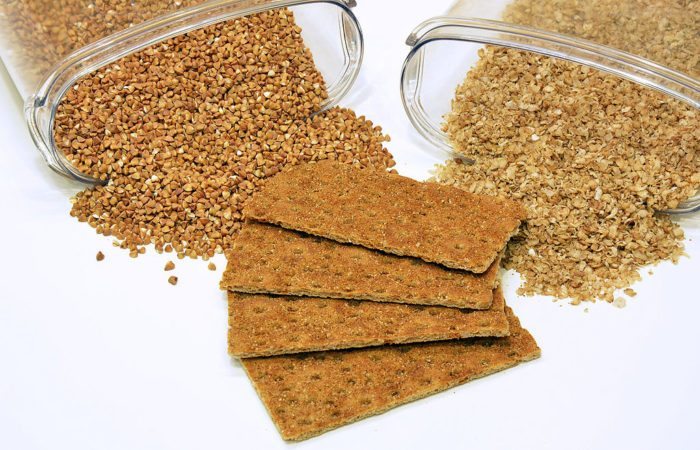
With whole food based eating, your meals should be based on whole foods, and primarily of vegetables of any kind, nuts, seeds, and fruits, and gluten-free grains such as legumes, quinoa, amaranth and brown rice if you can tolerate them. Add in clean meats and healthy fats, but don’t overdue the animal products.
The best part about it is that there is little to no effort in minimizing your gluten intake since it is already minimized in what you eat. And if you are concerned with the grains that you consume, be sure to substitute wheat and barley with quinoa, amaranth, or brown rice. You can also get brown rice pasta instead of the whole wheat variety. Cutting down on bread, commercial cereals, and pastry is one step to avoiding simple sugars.
It is Easy to Make the Shift to Whole Foods Eating if Your are Vegetarian or Vegan
If you are a vegetarian or vegan or have already been practicing a plant-based diet for a time, this shift will be easier for you. If you are new to this, you can start by pulling out gluten from your diet for a couple of months and observe how you feel. If you feel that your overall health has improved, then you can continue with your new dietary choice. Lastly, focus on what you can eat rather than what you can’t. With the hundreds of varieties of plant-based foods, it becomes unproductive to feel deprived of the food that you are used to eating. And if you do have a slip and eat gluten, that is fine. A small amount of it won’t do any harm.
Do you have any issues with eating grains or any sort of gut disorders? If you have adopted some levels of gluten free eating, please let us know what you do, why you are doing it, and any changes you’ve seen since beginning in the comment box below.
Did you download our FREE 3-Day Mini Paleo Cleanse guide? That will surely get you on track for removing gluten and offending foods from your diet and make you feel better in no time.

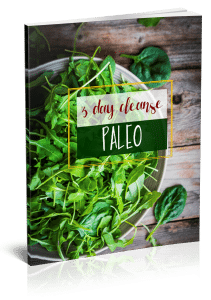

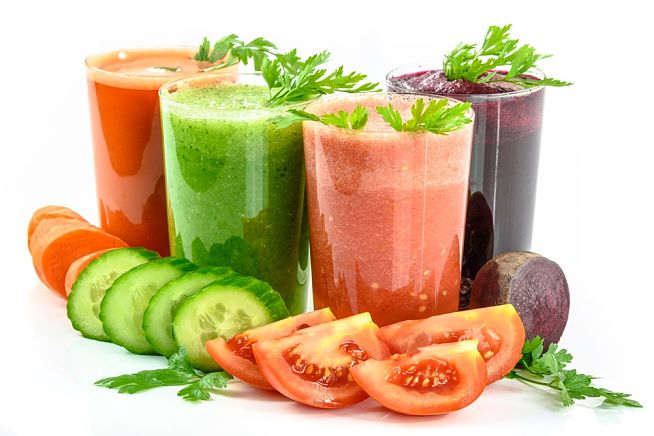
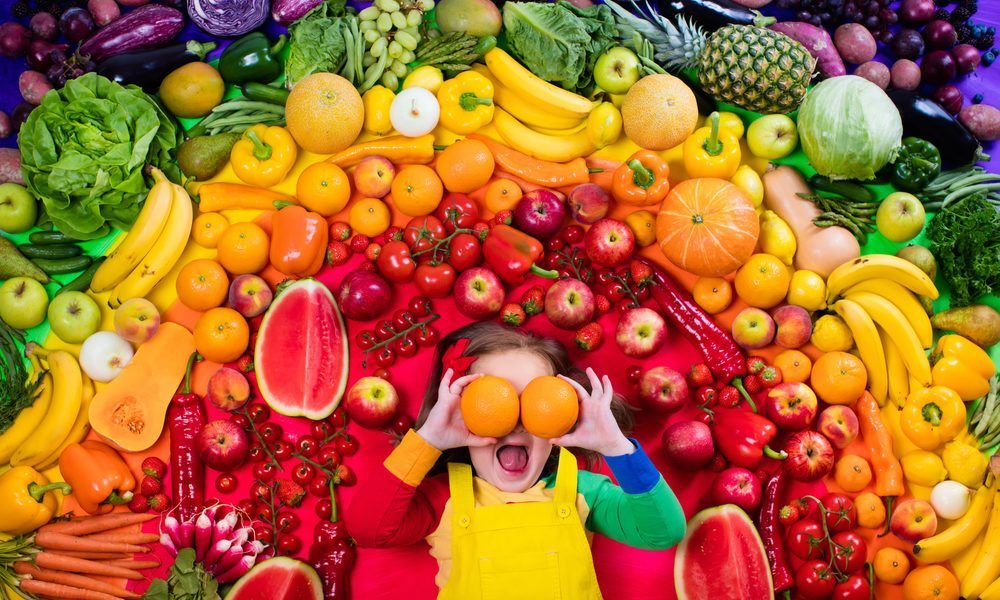
Add A Comment